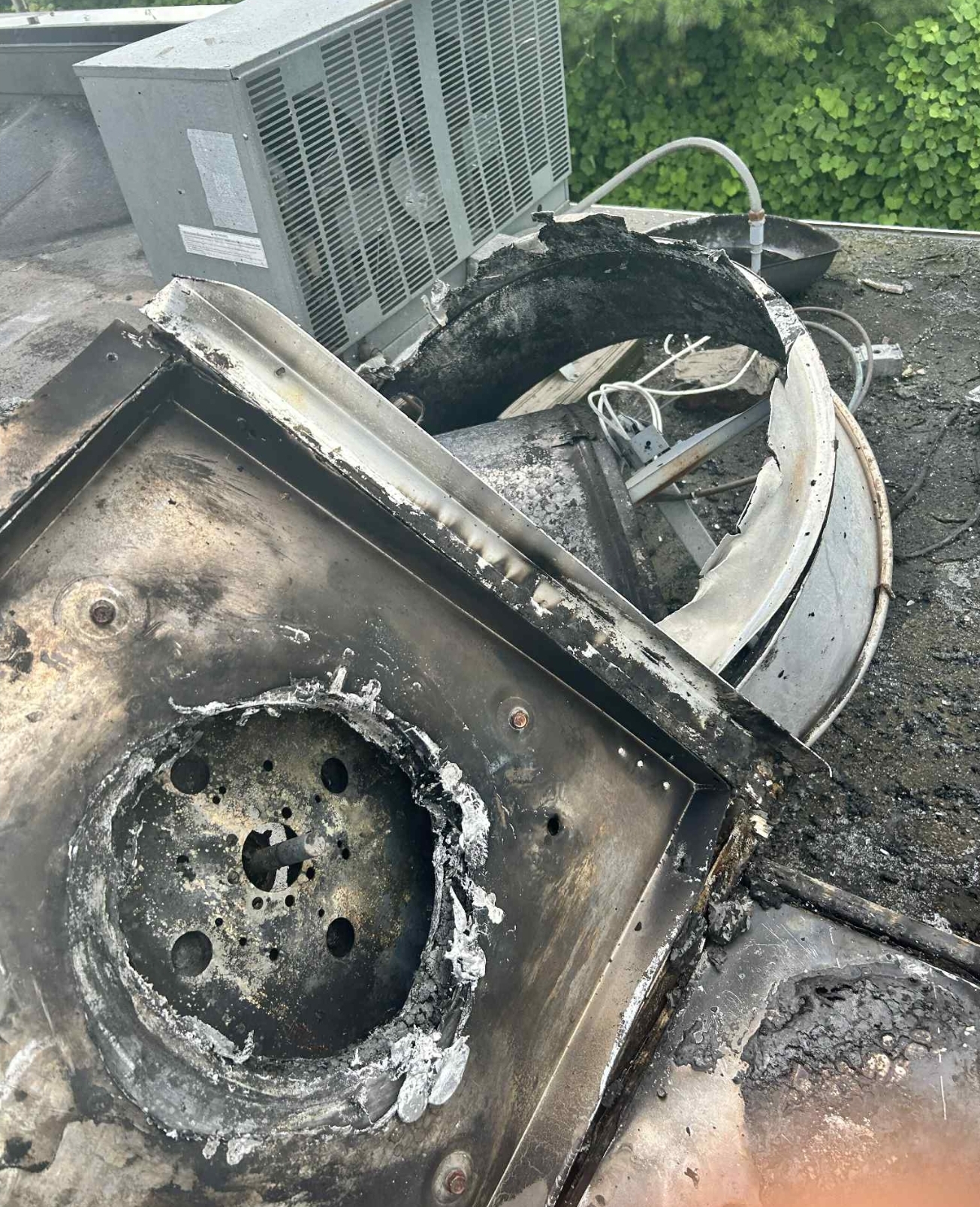Bigger isn’t always better
Published 12:29 am Saturday, October 24, 2015
BY Michael Baughman
I was destined to live in a small town. I lived in the big cities of Washington, D.C. and Philadelphia, Pa. and to quote Hank Williams, Jr., “I just don’t fit in and I’ll never go back again.”
Ok, so maybe that’s a little extreme, big cities have a lot to offer. For example, they have parking garages. Carolyn and I recently went to Asheville for a date night. I love Asheville, it has great restaurants, culture and all sorts of interesting and funky-looking people. It also has parking garages.
We spent ten minutes looking for parking, another ten minutes walking to the restaurant and we bumped into absolutely no one we knew. Big cities are nice to visit, but I always find myself missing Tryon anytime I go somewhere with red lights and traffic. Tryon’s not for everyone; if you need lots of restaurants and shops within walking distance of a parking garage, this isn’t the place for you. But, if you’re looking for a small, friendly town where everybody knows your name, Tryon is pretty much perfect.
I have witnessed some pretty major transformations since moving to Tryon both in myself and others. I really believe that living small and local can actually improve your overall quality and quantity of life. I’ve experienced it first-hand. Too many times we get caught up trying to make things bigger, better and more efficient and somewhere along the way they lose what made them unique in the first place. Almost every time we take something that’s produced on a small scale and then ramp up the production, we inevitably lose some of the quality along the way.
I recently had the opportunity to play guitar with a local icon and luthier, Jay Lichty. (He was playing, I was mainly drooling on myself). Jay makes custom guitars and ships them to customers all over the world. He’s not mass-producing anything and the quality of his work is second-to-none. If he tried to mass-produce his guitars, he would most certainly lose some of the personal touch and craftsmanship. And the world would become a little less interesting and creative.
As opposed to going for bigger and better, why not just strive for better?
Better relationships, not more relationships
Better service, not more services
Better use of money, not more money
Better use of space, not more space
Better use of time, not more time
Better commitments, not more commitments
Better use of energy, not more energy
Better use of resources, not more resources





